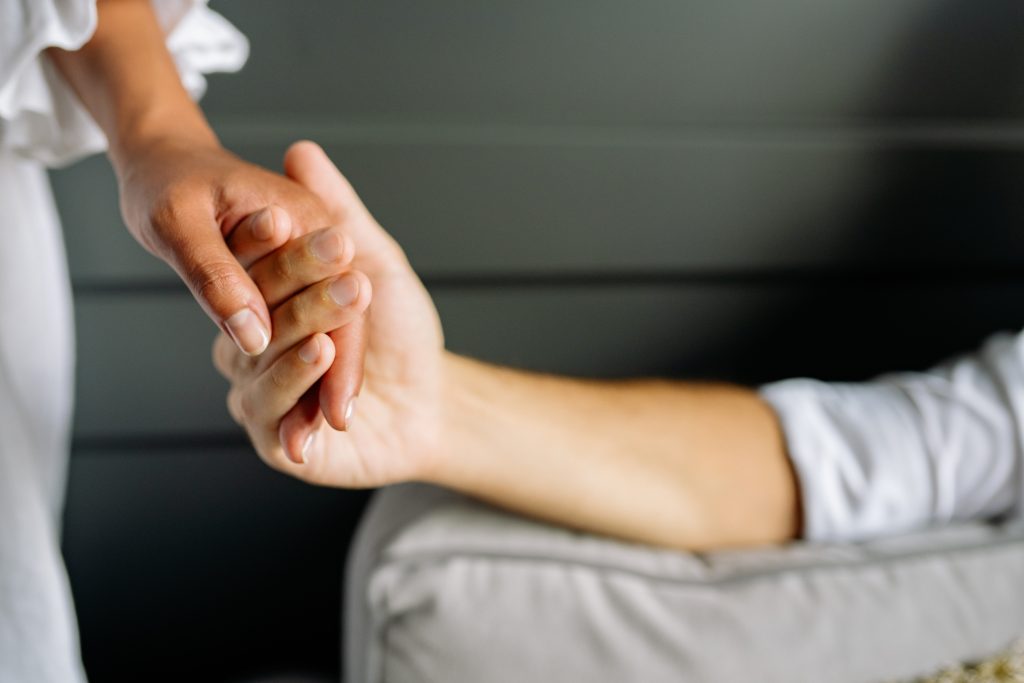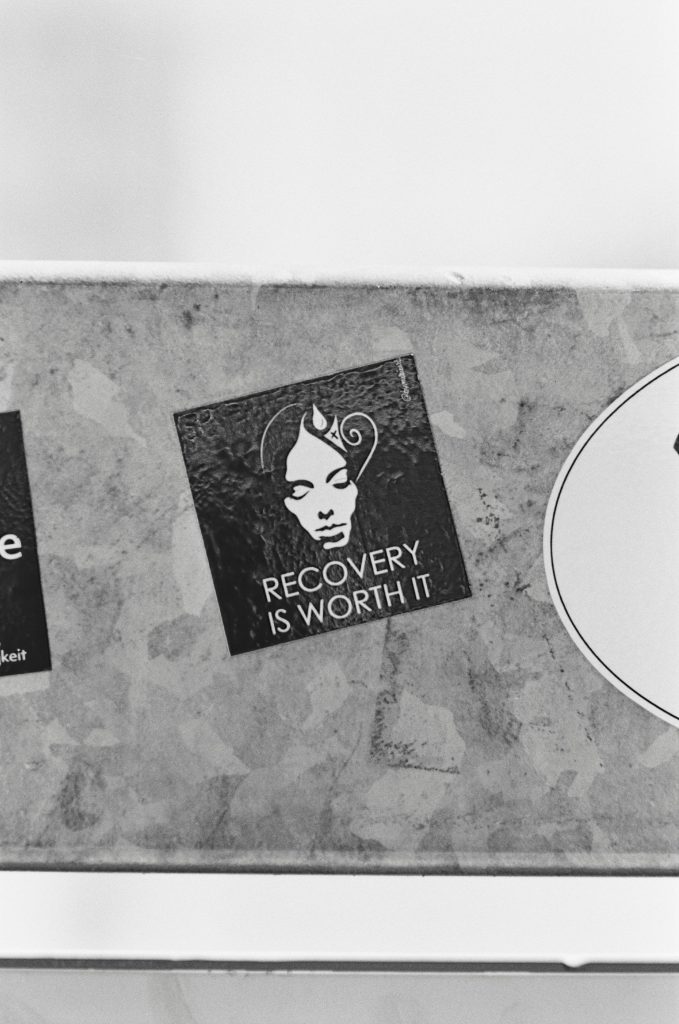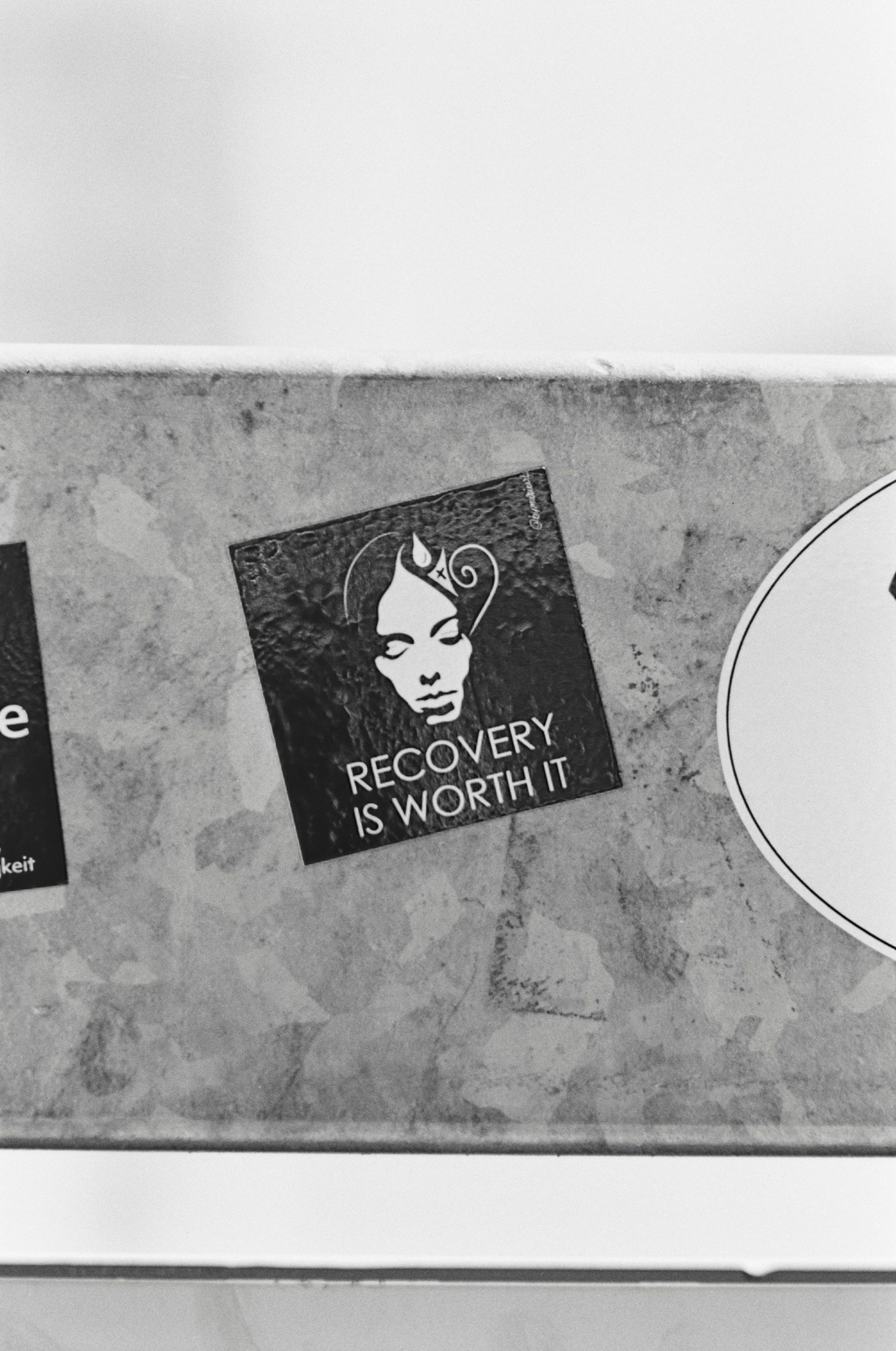Why they work
Alcohol in the UK
Every day, the world is entangled in new battles with new forms of addiction. But, in reality, it’s a spiritual battle. When people enter a 12-step programme, they engage in an internal journey alongside comrades who assist them in changing their fate and rebuilding their lives.
According to Alcohol Change UK, 24% of adults in England and Scotland regularly consume more than the Chief Medical Officer’s low-risk guidelines, and 27% of drinkers in the United Kingdom binge drink on their heaviest drinking days.
According to data from the United Kingdom, there will be 8,974 alcohol-related deaths in 2020 (roughly 14 per 100,000 people). This represents an 18.6% increase over 2019.
There are an estimated 602,391 dependent drinkers in England (2018.19), with 82% not receiving treatment.
In the United Kingdom, alcohol misuse is the leading cause of death, illness, and disability among people aged 15 to 49 and the fifth leading cause of death, illness, and disability overall.
Between 2009 and 2019, the price of alcohol fell by 5% relative to retail prices, making it 13% more affordable than in 2008. Alcohol is now 74% cheaper than it was in 1987.
12 Step Programmes
When Alcoholics Anonymous was founded in 1935, there were only two members: the founders. It now has over two million members and over 125,000 different types of groups to cater to every alcoholic and addict on the planet. Something appears to be working.
Here are some of the reasons why 12-step programmes work:
1. They are the first source of hope
When you enter a 12-step programme, you will meet a group of people who are similar to yourself and given a ‘Big Book’. There are numerous twelve-step programmes available, ranging from Narcotics Anonymous to Overeaters Anonymous. Each focuses on a specific type of addiction recovery.
With so many people reportedly struggling with a substance use disorder or behavioural addiction, it means some of your new friends in the group are dealing with a problem. They want to stop using drugs or drinking alcohol (or any of the other behaviours addressed by 12-step programmes), but they don’t know how.
You are meeting people who are “in the same shoes,” as you provide a source of comfort and hope. One person in that room will introduce themselves, take your hand in theirs, and lead you into a world of hope – a world where change is possible.
2. 12-step programmes provide accountability
Have you ever attempted to quit drinking on your own? It went differently than planned. We can make up any excuse for our failures when we are only accountable to ourselves. If you didn’t want to drink today but did, it’s easy to come up with a million different reasons why.
This is not a battle you should attempt to fight alone.
Others will watch out for you when you enrol in a 12-step programme. They’ll even tell similar stories about their multiple relapses. You’ll notice two things happening here.
First and foremost, your friends will not let you make up excuses. You relapsed; now it’s time to go through the steps again. Second, your friends will not judge you if you relapse. They’ll understand your predicament and pick you up without blinking.
This makes it much easier to come back to recovery.
3. They provide opportunities for new friendships
You will form some of the most powerful, lifelong, and everlasting friendships in the rooms of 12-step programmes.
These people are family. Perhaps they, like you, are susceptible. Maybe they had a traumatic childhood that sent them spiralling, similar to your own. Perhaps they were born into a family of people with an addiction and are trying to break the cycle, as you do.
These connections are unlikely to exist in the “real world.” However, when you enter a 12-step programme, you will be surrounded by potential friends. Accept people’s invitations to coffee in the afternoon.
Look into that 5 p.m. meeting with them tomorrow night. You’ll quickly realise that these are “your people,” and you’ll enjoy spending time with them.
The truth is that addiction is a highly treatable disease. It is possible to recover completely. Your chances improve significantly when you do it with a few like-minded friends.

4. They are practical
The 12 steps are about as practical as it gets. They make people look in the mirror honestly. This is why some people drop out of the programme. They aren’t ready to look themselves in the eyes.
The program’s first step states that you have no control over your addiction. Gone are the days when you could say, “I don’t have a problem.” It’s no longer possible to tell yourself, “It’s under control.” People with an addiction must now accept that they are powerless and that they are unable to manage their lives.
The second step teaches members that they can’t keep doing the same thing and expecting different results. They’re not entirely insane, though. They require a force greater than themselves to pull them out of the hole.
Steps can be taken once recognition has occurred. Members in these steps make amends with some of the uglier parts of their lives, allowing them to let go and move on. They also conduct ongoing personal inventories. When resentments and other vicious factors arise, members can identify their triggers and take the appropriate action.
The awareness that accompanies a 12-step programme is critical to its success. After members have gone through the experience, they can pay it forward by sharing the message with others.
The 12 steps of Alcoholics Anonymous are as follows:
1. We admitted we were powerless over alcohol – that our lives had become unmanageable.
2. Came to believe that a Power greater than ourselves could restore us to sanity.
3. We made a decision to turn our will and our lives over to the care of God as we understood Him.
4. Made a searching and fearless moral inventory of ourselves.
5. Admitted to God, to ourselves, and to another human being the exact nature of our wrongs.
6. Were entirely ready to have God remove all these defects of character.
7. Humbly asked Him to remove our shortcomings.
8. Made a list of all persons we had harmed and became willing to make amends to them all.
9. Made direct amends to such people wherever possible, except when to do so would injure them or others.
10. Continued to take personal inventory and when we were wrong promptly admitted it.
11. Sought through prayer and meditation to improve our conscious contact with God, as we understood Him, praying only for knowledge of His will for us and the power to carry that out.
12. Having had a spiritual awakening as the result of these Steps, we tried to carry this message to alcoholics and to practice these principles in all our affairs.
5. You can pay It forward
Finally, you are not only in a position to help yourself, but you can also spread the word to others who are suffering. Take the initiative to greet newcomers and make them feel at ease. Volunteer to host the monthly birthday parties when people receive their chips through your local 12-step group.
Consider one of the many volunteer opportunities available through AA, such as the ability to deliver literature to prisons or volunteering at sober homes. When we stop thinking about ourselves and start thinking about others, amazing things can happen (both for them and us).

Why not try it out?
Consider a 12-step programme and peer through the doorway to see what kinds of stories people share. You may be able to relate. You may make contact with a higher power beyond your comprehension.
Something that has been around for nearly 90 years, like AA, must be doing something right. It would have collapsed by now if it hadn’t already. Allow yourself time to heal. It may begin with a problematic personal inventory but end with healing and a fantastic support system.
AddictionsUK is a leading addiction treatment provider that offers comprehensive recovery services from home detox to ongoing online therapy, including 12-facilitation.
If you or a loved one is struggling with an addiction, call Freephone at 0800 140 4044
Freephone: 0800 140 4044
Local rate: 0300 330 3040

